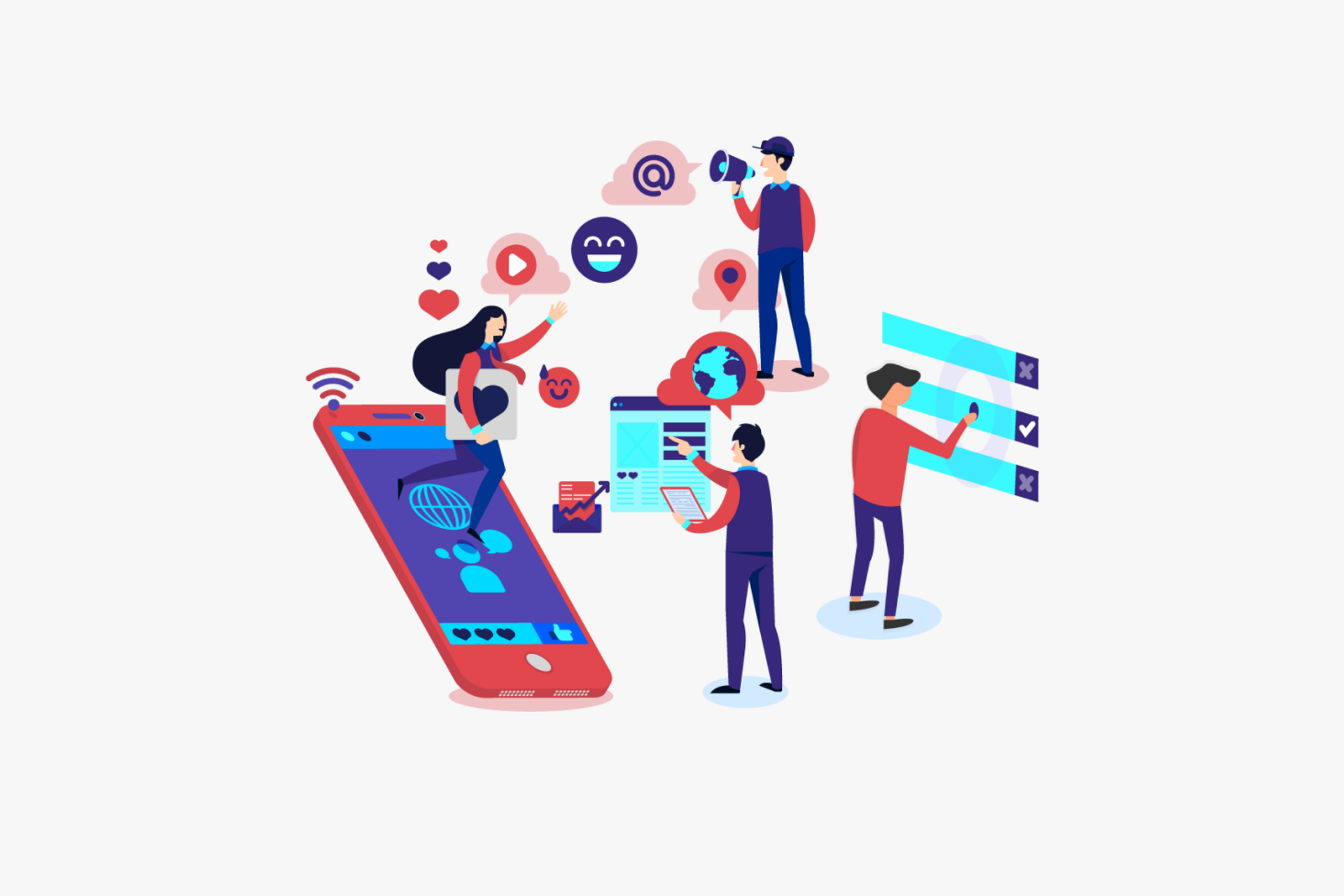Communications
Communications and Knowing Your Audience
Even in the best organizations, the quality, effectiveness and efficiency of communication may be much less than we think. In this workshop, we’ll learn how to communicate effectively and appropriately with people from different cultures, generations, and positions in the organization. As we practice these best practices in communication, we will also look at choosing the right communication tool for each purpose.
Communicating Across a Multi-Generational Workforce
The mix of four generations in the workplace – and soon to be five – adds diversity that can better serve the interests of the organization but also offers challenges, especially as it relates to communication. When communications with employees across generation is done well, it can be an advantage of your workforce. Acknowledging the distinct mannerisms among the generations can result in new ideas and a chance for everyone to learn and grow. This module will look at the challenges of multi-generational communications and explore the tools and strategies that can be employed to increase the effectiveness of multi-generational communications. https://www.forbes.com/sites/paycom/2017/03/30/workplace-communication-across-different-generations/
Employing Business Communication Tools to Support Organizational Effectiveness
Communication is a soft skill that an organization often assumes every employee comes equipped with to the workplace. Given good communication is so crucial to enhance productivity and harmony in the workplace, it is in an organization’s interest to ensure that employees are practicing good communication with their coworkers, customers, clients, and partners. This module will review nine essential communication skills every professional should master to ensure that intra- and inter-organizational communications lead to high performance in the workplace. https://bemycareercoach.com/soft-skills/business-communication-skills.html
Planning and Facilitating Effective Meetings
Meetings are ubiquitous and yet we all have, at best, mixed feelings about this important organizational activity. In this workshop, we’ll learn best practices in properly planning, preparing, and running meetings. We will learn how to determine if a meeting is necessary, and if so, knowing how to invite only the right participants. Once that task is done, we will learn through practice about sharing an effective agenda, the habits of great meeting facilitators, maximizing meeting productivity, engaging meeting participants and handling meeting conflicts. This workshop will also help set the stage for the “Making an Impactful Presentation” workshop.
Knowing Your (Internal) Audience
Through a close look at the importance of understanding the priorities and communication styles of co-workers in different management levels, we will practice the critical, learned skill of tailoring your messages, discussions, and presentations to anyone in the organization. This workshop will also help set the stage for the “Making an Impactful Presentation” workshop.
Making an Impactful Presentation
Building on the “Planning and Facilitating Effective Meetings” and “Knowing Your (Internal) Audience” workshops, we will demonstrate and practice how to prepare for your presentation. We will begin with the concept of knowing your audience and with this knowledge, scripting and building your presentation. Some of the key success practices we’ll work on include: inspiring your audience, using storytelling to inspire your audience and convey memorable take-aways; knowing when and when not to use humor; and, reducing and using nervousness to your advantage.

